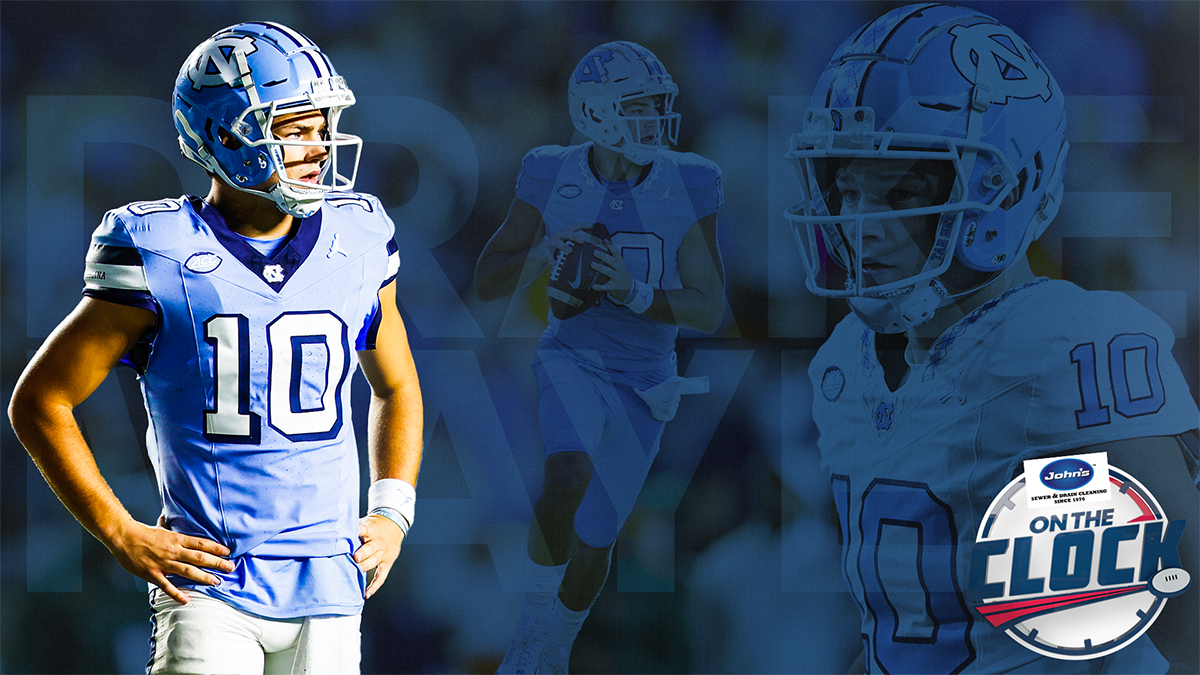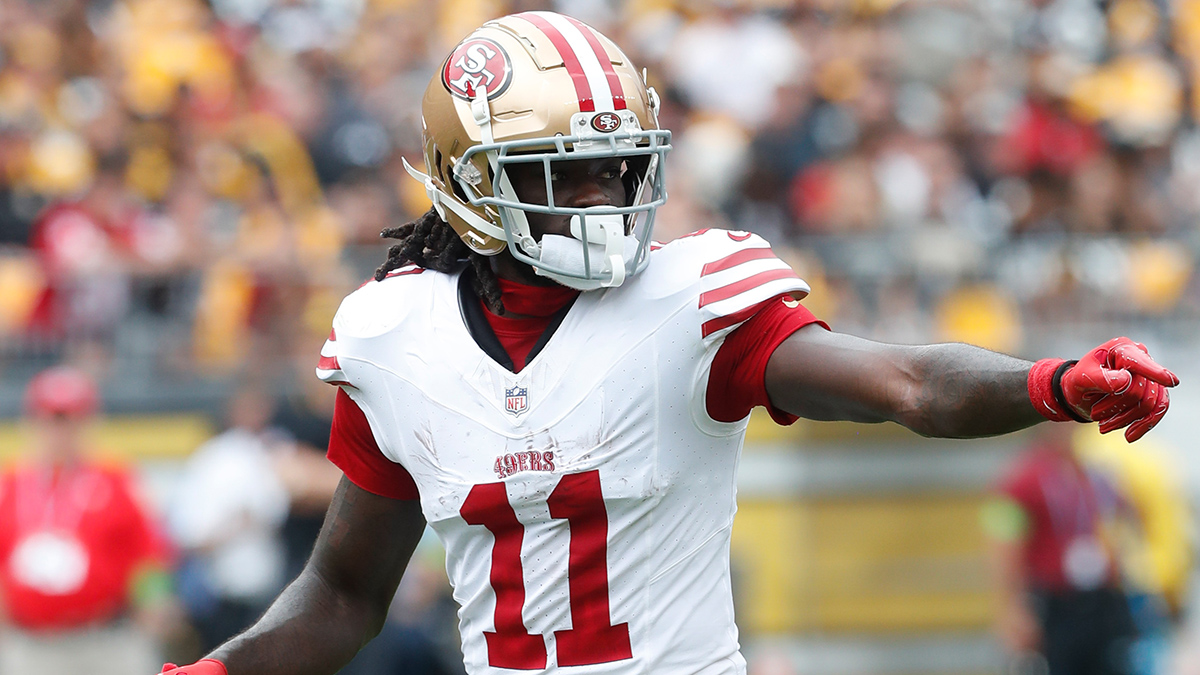
You almost had to give Rob Torbert's officiating crew credit for being so open about the whole thing. They made a mistake, and they owned up to it quickly, knowing all the while that they'd be skewered for it later.
With about six-and-a-half minutes remaining in the first half, the Patriots set up to punt from their own 14-yard line on fourth-and-five. Before the ball was snapped, Geneo Grissom was penalized for a false start that would've pushed the Patriots back to their nine.
Instead the officials reversed the call, and instead flagged Tennessee’s Brynden Trawick for a neutral-zone infraction. Automatic first down. Fourteen plays and almost five minutes on the game clock later, the Patriots were in the end zone to make the score 21-7.
“The line judge saw a defensive lineman jump onto the neutral zone, did not see the guard across from him move,” Torbert told a pool reporter after the game. “The umpire saw the guard move and threw the flag for a false start, which is what we initially announced. When we got together and discussed it and pieced together that the defensive lineman across from the guard jumped in the neutral zone and caused the false start, that’s when we changed the ruling from a false start to a neutral-zone infraction.’’
Bill Belichick said on a conference call Sunday morning that he wasn't at all surprised by the ruling.
"I wasn't because Trawick entered the neutral zone and Geneo reacted to him," Belichick explained. "We practice that play every week. If it's that kind of a situation, fourth and less than five, and the player enters the neutral zone, we want to react to it and force the penalty, and not allow them to react and get set . . .
"I thought it was a heads-up play by Geneo to react to that. That's what he's supposed to do and that's what he did."
Belichick was asked if the way he understood the rule, could a player pull out of the neutral zone -- as long as he didn't make contact with an offensive player -- without being penalized?
"Nope," Belichick said. "We'll he can pull back out. But if the offense reacts to the d player in the neutral zone, then the penalty is on the defense. Otherwise then you're going to have the whole defense flinching and what we went through a decade ago with everybody on the defensive side of the ball flinching, the silent count, crowd noise and all that on the road, you've got all the defensive players flinching but not entering the neutral zone to get the offense to false start.
New England Patriots
"The league changed the rule so that a) it's illegal to flinch and b) if you try to time up a blitz of if you try to beat the count and you get into the neutral zone, then no you don't get a chance to get back if the offense moves."


